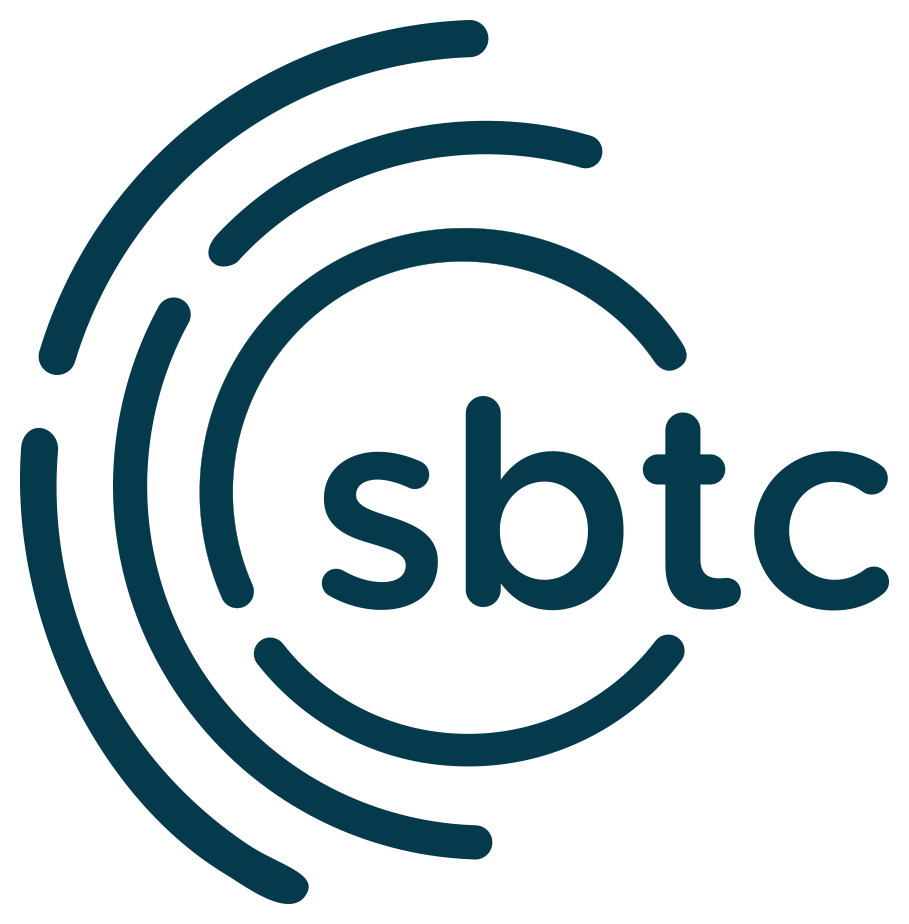It’s mid-September. The rush of August, move in, welcome week and fall launches has started to settle into new rhythms of the semester. Lord willing, smaller more intimate communities have started to form and perhaps even flourish in and through your campus ministry.
But how are you? How are your leaders? Are you beginning to hear words like “I’m exhausted,” “I’m already so busy,” “I’m overwhelmed”? Are you noticing that an uptick in attendance is paralleling a growing weariness in yourself and your leaders? Hopefully not, but if so, I can promise that you aren’t alone in those feelings.
While many joys and blessings come from having an incredible fall launch, I am concerned about unintended lessons that we might be teaching both our leaders and those new to our ministry. Specifically, I’m concerned about a ministry model that expends people for the sake of “growth.” The reality is that underneath the number of students we reach, develop and deploy is the type of disciple we are making.
Here are three specific areas that we should keep a close eye on as those who help set pace and schedules for the ministries we love and lead. (Much of this content comes from lessons I am learning from various books by Pete Scazzero, specifically his writing on embracing our limits):
Scheduling
It wasn’t until recently I realized that as the primary leader, I am responsible for the pace at which our church functions because the schedule and calendar of our church are largely determined by decisions I make. Leader, there will always be ministry left undone and opportunities that we could capitalize on. However, by choosing to try to do all things for all people, we deny our belief that only Jesus can truly be present for each student on our campus and only Jesus can meet all their needs. If your schedule or ministry calendar leaves no room for your laborers to rest, to enjoy God in solitude and for play, perhaps you need to slow some things down.
Expectations
We have a small leadership team. We’re less than two years old as a church plant, which means that most of what we do requires all hands on deck. In light of that, I don’t expect our leaders to be at everything we do, and if I do expect them to be at something, I make it explicit and make sure that we don’t schedule any other major things around that event. If you’re running a welcome week playbook that has student leaders at a different event every night, sooner or later, they’ll be crushed by their inability to meet that expectation. Maybe it won’t happen in college. Maybe it will happen when they’re being tempted to neglect their family to try to please their boss who has equally demanding expectations as their high achieving college ministry.
“The win”
Ultimately, how are you defining the win? Is the win new people? Is it baptisms? A certain number of freshmen? I’m shocked at how hard I have to work to clearly define our wins as a church. It’s so easy to get away from the win of faithfulness, humility and love and instead make the win “growth that is up and to the right.” The problem with a ministry win that is measured by increased growth is Jesus’ ministry model. Jesus had clearly defined wins: “If anyone will follow after me, he must take up his cross, deny himself, and follow .”
Let’s think critically about the type of disciples we are making. Eventually, college students will grow up and be moms and dads, teachers, leaders, and by God’s grace, church planters. But, what type of mom, dad, leader will they be? That will largely be determined by the playbook you choose to have them run. May we slow down to the point where we can be present with God, with ourselves and with those that God graciously places alongside of us.







